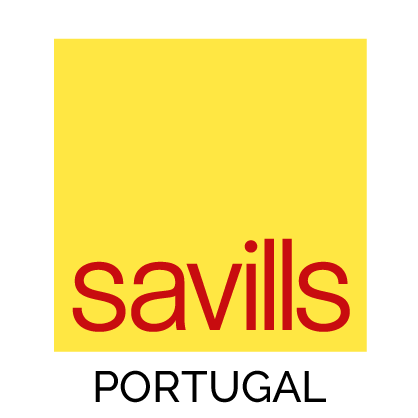Commercial real estate investment transactions in pipeline, with «expressive amounts», which should be closed in the first half of this year, suggest that «the market should fully recover to pre-pandemic levels in 2022», predicts the consultancy Savills.
Last year, the Portuguese commercial real estate market captured a total investment volume of 2,000 million euros, 28% less than in 2020 and 34% less than in 2019. The last 6 months of the year ended on a «very positive note», and the deals that are close to be concluded leave good prospects.
Savills even predicts that “the year 2022 should mark the return of the national real estate market to pre-pandemic levels, with a full recovery of the losses suffered during the first two years of the pandemic. Investment portfolio diversification strategies should continue to prevail, now focused on operating asset classes».
Alexandra Gomes, Head of Research at Savills Portugal points out that «in the 2nd half of 2021, activity has already accelerated, both in the investment market and in the occupational market, to pre-pandemic levels. This acceleration should be particularly felt in the first 6 months of 2022, with a strong start to the year driven by the willingness of investors and tenants to conclude operations that were prolonged due to the constraints of the pandemic period».
Therefore, it is convinced that «it will undoubtedly be an exciting and extremely dynamic year, with the market revealing new trends that will add new segments and operating models to a market that has remained firm, resilient and very attractive».
This year, the residential and logistics segments will continue to attract the attention of investors, a trend supported by «very resilient and growing market fundamentals, with a level of demand that clearly exceeds the available supply».
During the pandemic, food distribution units gained prominence, and came to be seen as highly resilient and safe assets, a trend that is expected to continue this year.
In hotels/accommodation, investor interest in this area is expected to grow this year and stabilize in 2023, «supported by strong market fundamentals and the interest of core investors with long-term investment strategies. Expectations for distressed assets transactions continue to fade as market KPIs recover their performance.”
In offices, most employees now return to their workspaces. Working from home was the dominant model in 2020 and part of 2021, but “as we begin to realize that the formula for growth lies in the flexibility of spaces and employees, owners will also have to follow this change. The big challenge for companies will be to keep employees motivated to return to the office. Working from home introduced a new dynamic to the market and underlined the need to invest in spaces that bring something new and attract employees back to their workspaces”, explains Savills.
This year is also expected to continue the growth of the health and pharmaceutical sector, “given the context of a global pandemic and a strong trend towards demographic aging. The TMT sector will also continue to be one of the strongest pillars of the Lisbon and Porto office market».
Savills also concludes that “location, sustainability and flexibility are the big factors to take into account in 2022. Although the former has always been the essential pillar of the real estate sector, construction certification of buildings is now required by large multinationals and partner companies. Currently, tenants give priority to buildings that are certified, or that, with some investment, are eligible to obtain these same certifications. In 2021, there was a greater demand for certified buildings, even if this implied a greater financial effort».

